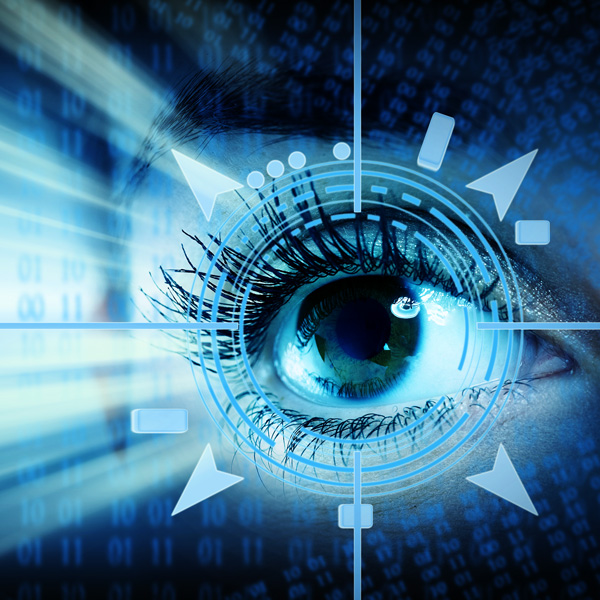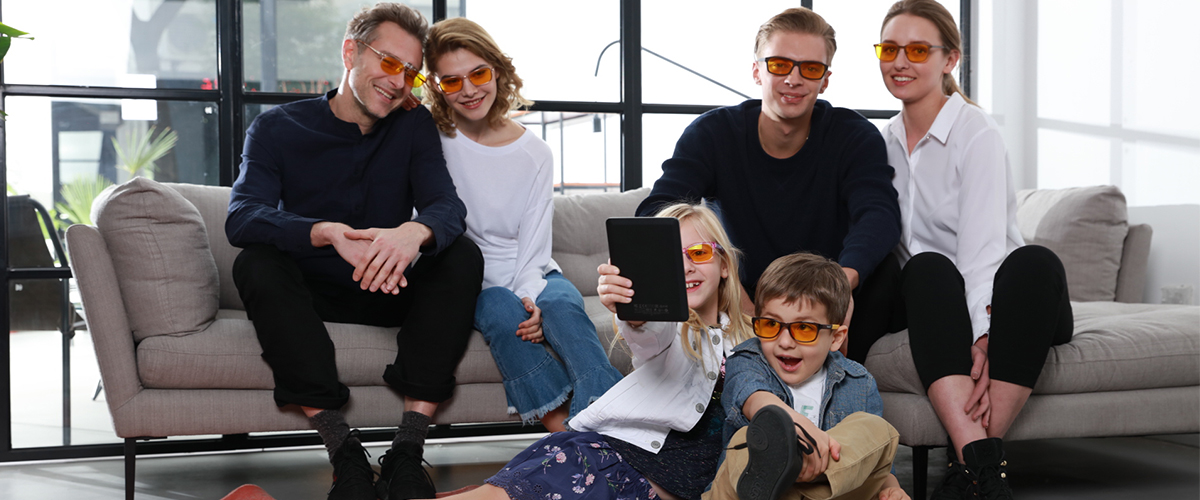
Blue light protection for elderly – is it necessary?
New studies show a connection between blue light and the development of cataracts. In today’s digital era, we are constantly surrounded by screens and modern

Admittedly, the term blue-light dictatorship is somewhat provocative. But shouldn’t we at least become pensive in view of the unholy alliance of politics and industry that has led to the fact that today, with the exception of outdoor stays, we are basically exposed to blue light around the clock?
The banning of the incandescent bulb and the forced implementation of the energy-saving bulb is an incredibly brazen move. This is probably the first time in the history of industrial production that a harmless product has not only been replaced by a much more harmful one, but has also been officially banned.
Dr. Wolfgang Zängl (Gesellschaft für ökologische Forschung)
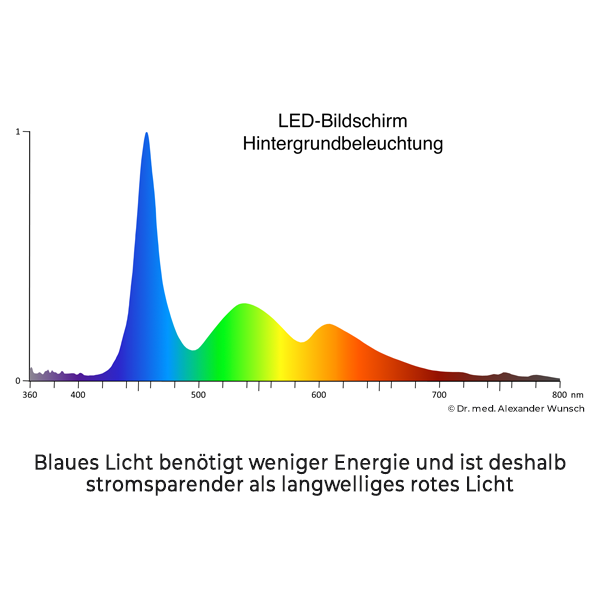
Policymakers made a start with Commission Regulation (EC) No. 244/2009 of March 18, 2009, implementing Directive 2005/32/EC of the European Parliament and of the Council with regard to ecodesign requirements for non-directional household lamps. It defined minimum requirements in terms of the energy efficiency of light sources, which ultimately led to the almost complete replacement of light sources with low energy efficiency such as the classic incandescent lamp.
But is that, which may sound reasonable under the sole aspect of saving energy, also good for our health and well-being? The aspect of light quality for humans, animals and plants was radically subordinated to energy efficiency. Of course, the classic light bulb has the disadvantage of converting a significant amount of energy into heat.
But its continuous light spectrum with a relatively low blue content makes the light of the incandescent lamp a comparatively healthy and pleasant light for us. It certainly didn’t have to be the incandescent light bulb forever, but in any case, the industry was not given the task of developing and producing light sources that were both energy-efficient and of high quality in terms of light. For example, Dr. Wolfgang Zängl of the Society for Ecological Research writes: “The ban on the incandescent bulb and the forced implementation of the energy-saving lamp is an incredibly brazen move. It is probably the first time in the history of industrial production that a harmless product is not only replaced by a disproportionately more harmful one, but is also subject to an official ban.”
By the way, with the introduction of the term “warm white,” the lighting industry has pulled off a coup that fools our color perception, but not our retina and hormonal system. Because as long as it is generated from a cold light source, even light of the color temperature warm-white with 2700 Kelvin is, contrary to what is suggested, mainly blue light. The term color temperature merely indicates the hue (reddish-yellowish, bluish-whitish) of a light source that can be perceived by the eye and says nothing about the actual spectral composition and quality of the light.
The blue light of LED lamps, screens and car headlights is the result of economic and political interests and technological progress that have forgotten the ones who should ultimately be served by such decisions: us humans. Our well-being, our natural rhythm of life and our emotional states. Our lifelong ability to recover and thrive, and thus our health as well as our success.
Whether the natural light needs of humans are disregarded intentionally or simply out of ignorance or disregard of biological, psychological, physical and medical interrelationships is irrelevant. The fact is, our human eyes and skin are “starving”.
By the way, they do not starve less even with blue light filters, but they take much less damage in the process, so they can regenerate better in nature and in the natural light of the sun.
Blue light becomes critical for us humans when it occurs in high doses and largely isolated from the other spectral colors. This is especially true at times of day when our hormonal system is evolutionarily attuned to different light, for example in the evening when it anticipates the evening glow, fireplace or candlelight.
For as easily corruptible as our eye is, as unerring is our hormonal system. Even if modern LED lamps with a color temperature of “warm white” create a cozy atmosphere for our eyes, our hormonal system recognizes the light spectrum precisely: the blue light receptors consequently report highly active morning hours in the evening and at night and, among other things, reduce the release of the sleep hormone melatonin.
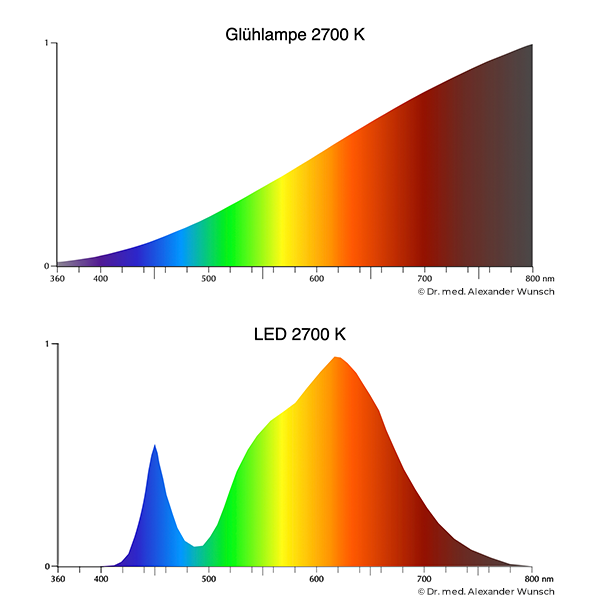

New studies show a connection between blue light and the development of cataracts. In today’s digital era, we are constantly surrounded by screens and modern

Screen glasses with blue light filters, which are recommended for working on a PC, would allegedly not offer much added value. This is the result
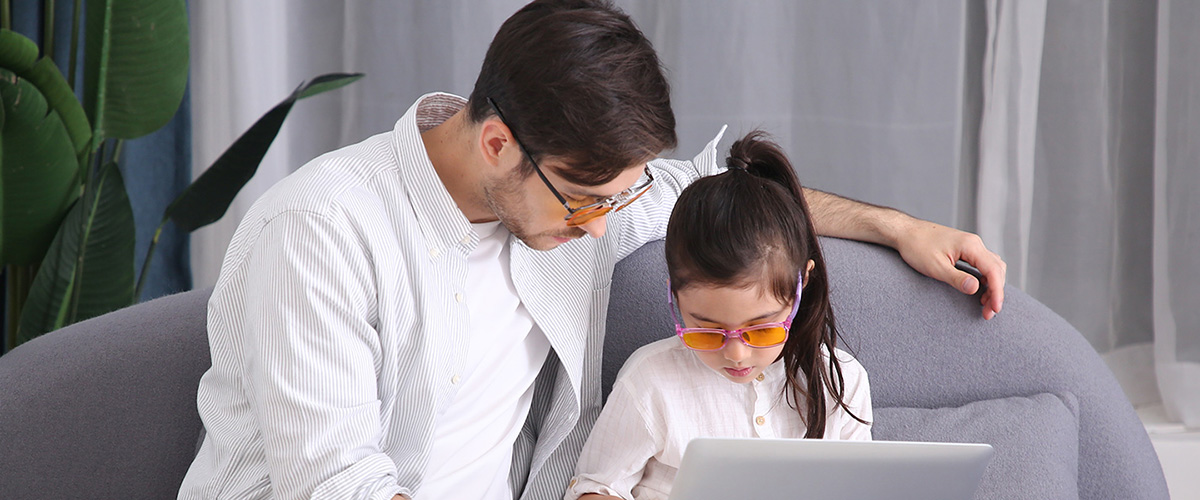
The PRiSMA® BluelightProtect LiTE95 filter glasses can be described as the UNIVERSAL filter with a true 95% blue light filter rate in the 400 to
